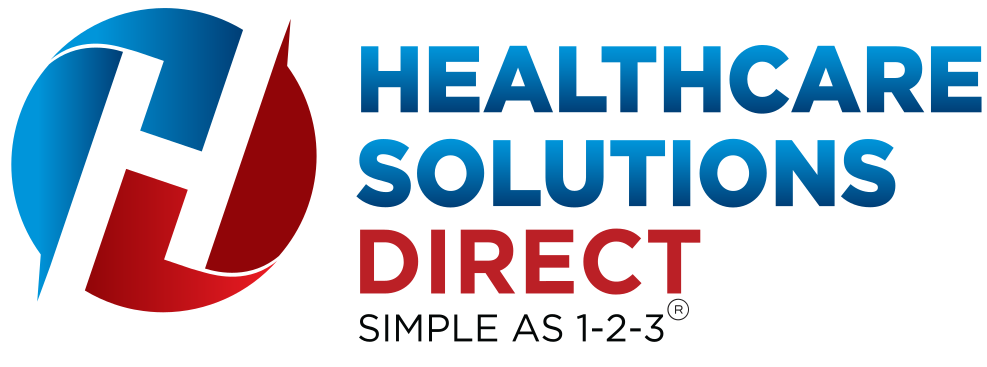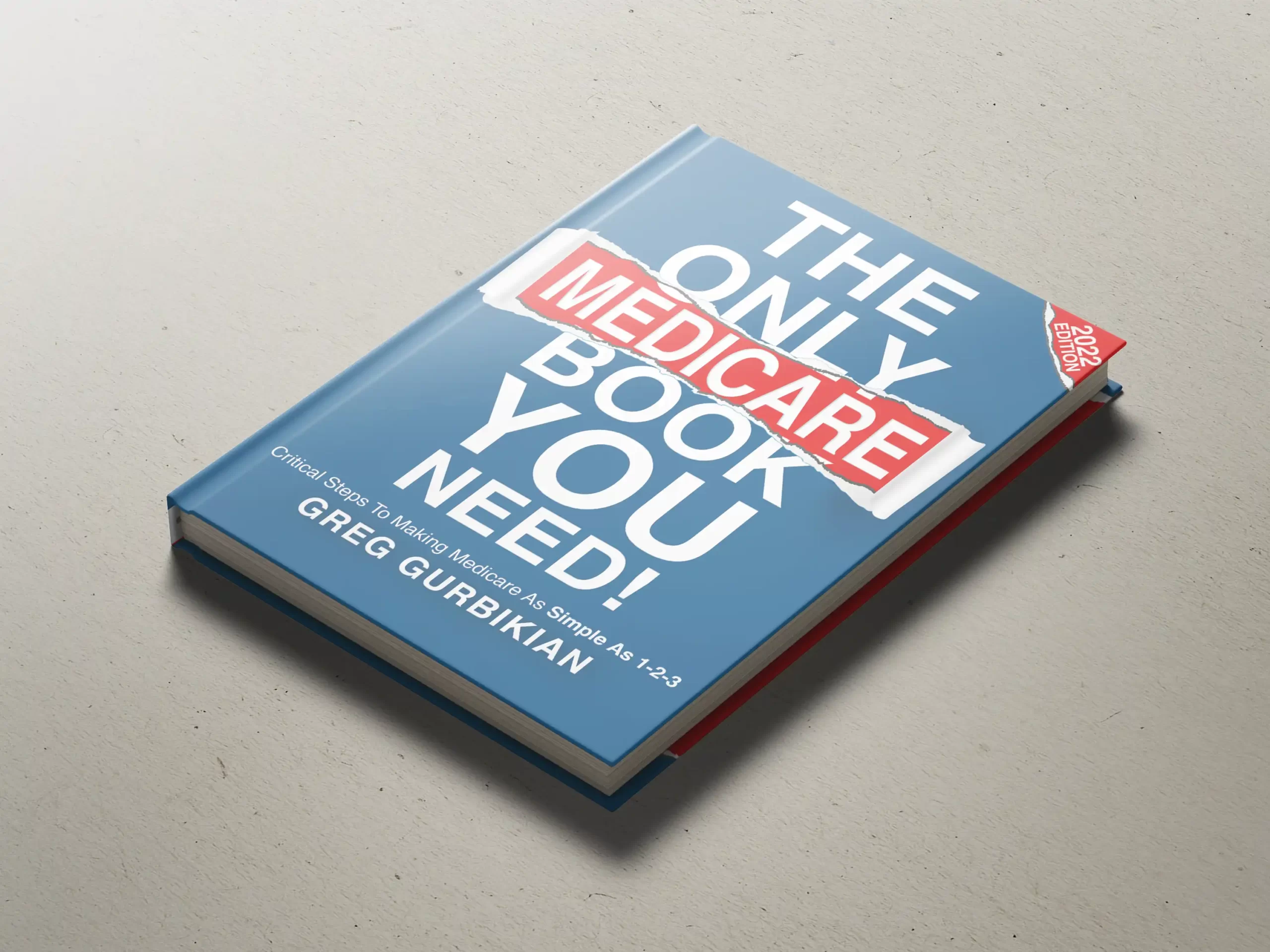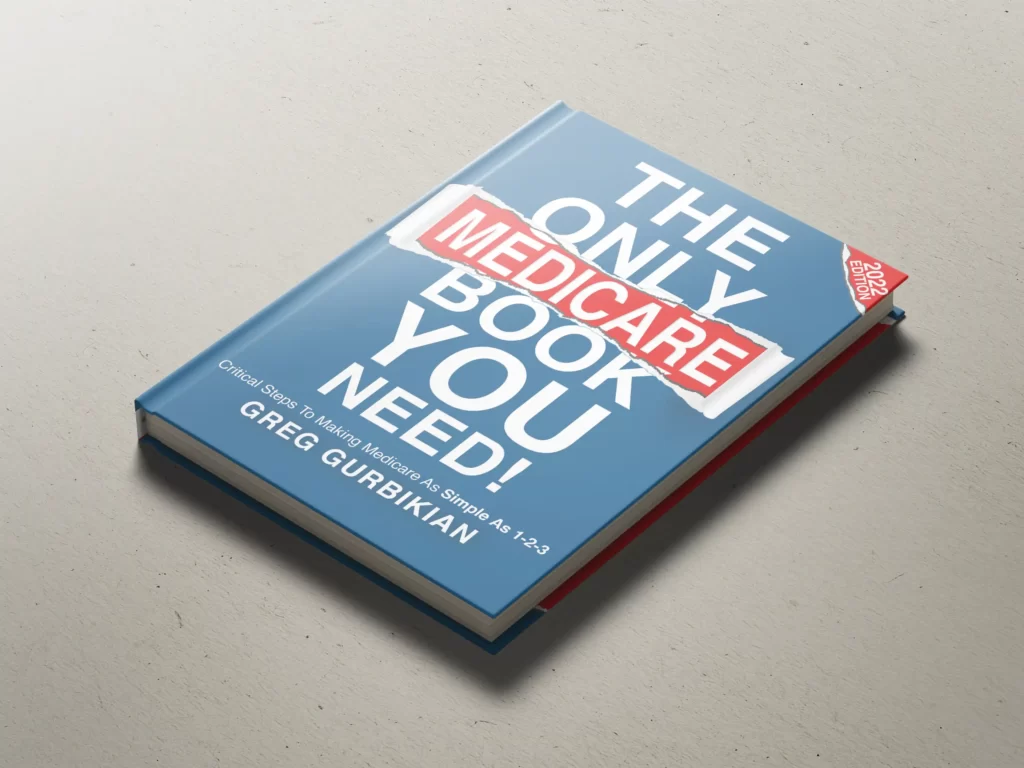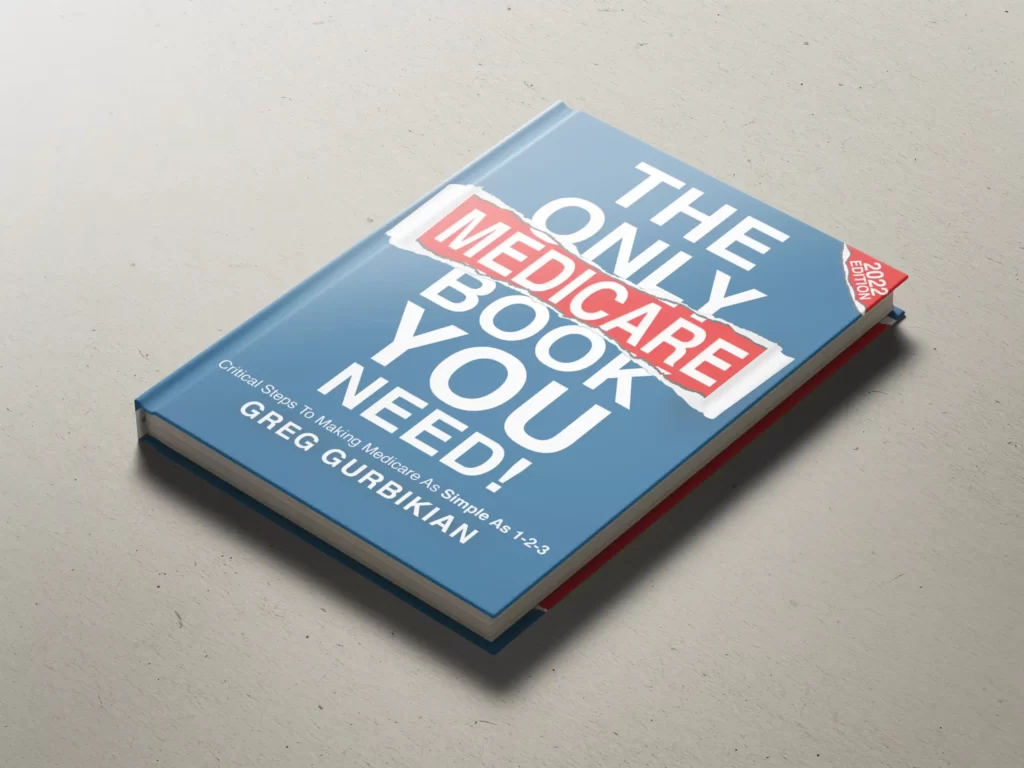Do You Need Medicare If You Continue To Work After 65?
There is a real problem happening in the senior community when it comes to taking selfies or pictures of personal information and posting them on social media. It might not feel like a privacy issue when you’re posting pictures of a vacation or your grandchildren. However, posting your Covid-19 vaccine card or Medicare ID card on social media is like putting a picture of your credit card or driver’s license out into the world.
Your Covid-19 vaccine and Medicare ID cards are personal information you need to safeguard. They are not information for everyone. Maybe this is the first time you are eligible for Medicare or you were first in line to get the Covid-19 vaccine. These are both big deals, and it’s understandable to be excited about them. But pause before you post anything.
Your Medicare ID is no longer your Social Security number like in years past, but it is still a piece of personal information that is unique to you. Giving someone else access to that number, whether you mean to or not, opens you to the potential for fraud, which could impact you financially. Medicare’s decision to switch to a Medicare Beneficiary Identifier (MBI) does add an extra layer of safety for those who might unintentionally expose their ID number. Your MBI is always 11 characters long, made up of only numbers and uppercase letters. It will not include any special characters. The IDs are randomly generated and do not use the letters S, L, O, I, B or Z, to avoid confusion with similarly shaped numbers.
Your MBI is what is used to submit claims to Medicare. If someone has it, they can technically file claims on your insurance for services you did not get. My office always recommends our Medicare clients create a MyMedicare.gov account as soon as they get their MBI number. This way, you can track your claims online when they are submitted to Medicare instead of waiting to receive a quarterly “Medicare Summary Notice” in the mail. You can verify the correct claims are being submitted and make sure your information has not been compromised. It is always best to protect your MBI, and the first way you can do that is by not putting it on social media where everyone can see it.
This might sound like common sense, but some people forget to protect themselves when faced with the excitement of getting a Covid-19 vaccine. Although your vaccine card will not have your MBI on it, it does contain your name, birthday and the location of your vaccine. This is all personal information that, when exposed, can put you at risk of identity theft. Getting a call from someone who knows your name, birthday and where you got your vaccine might seem legitimate. However, it could also be someone who just saw that information on your social media post. Because you cannot control who ultimately sees your posts on social media, it is never a good idea to post any personal information on this type of forum.
Identity theft is only one potential repercussion of this oversharing. Once you decide to put personal information into a public space, it stops being protected by the Health Insurance Portability and Accountability Act of 1996 (HIPAA). Sensitive patient health information is legally protected by HIPAA. This means your information is safe from being disclosed without your consent or knowledge. When you willingly share that information, though, this protection goes away, and your risk of medical identity theft goes up.
A good rule of thumb is to be suspicious of anyone offering you something for free in return for your Covid-19 vaccine or MBI card information. If you suspect your MBI may have accidentally gotten out, keep a close eye on your MyMedicare.gov account claims. Make sure the appointments and tests you are charged for line up with when you actually went to those doctors. If a service or other item does not match, follow up and report it. Scammers like to take advantage of people when they are distracted. Certain buzzwords like “coronavirus” can make people more easily drop their guard.
Here is what to consider before giving your personal information over the phone when you are eligible for Medicare. Having helped thousands of individuals navigate the complex world of Medicare, I know it may feel strange having someone ask you for your personal information. If you are looking at a Medicare Advantage plan, Medigap Supplement plan or a Part D drug plan, this personal information will be needed to help you enroll into the coverage over the phone. So it is important to make sure you are talking with a licensed insurance agent in your state. They should only ask you for personal information when they have taken the time to listen to your needs and you have determined what is best for your Medicare coverage.
The only other people you should feel comfortable sharing your personal information with are Medicare customer service representatives returning a call you made or doctors and medical professionals you trust. Remembering that your MBI or Covid-19 vaccine card is personal information is not always easy, but it is important you keep it protected. Treating it like it is your credit card number or driver’s license is a good way to go about it. You would not want that information to fall into the hands of just anyone. The same should hold true for your Covid-19 vaccine or Medicare ID card.

